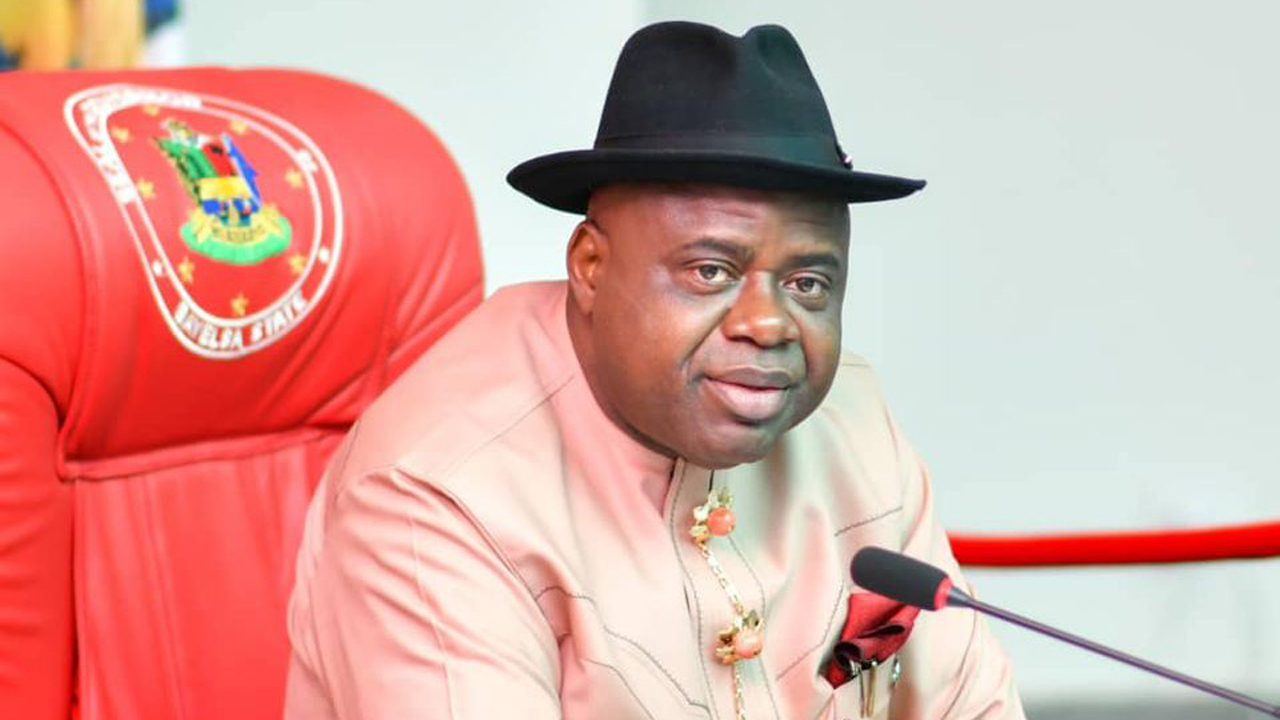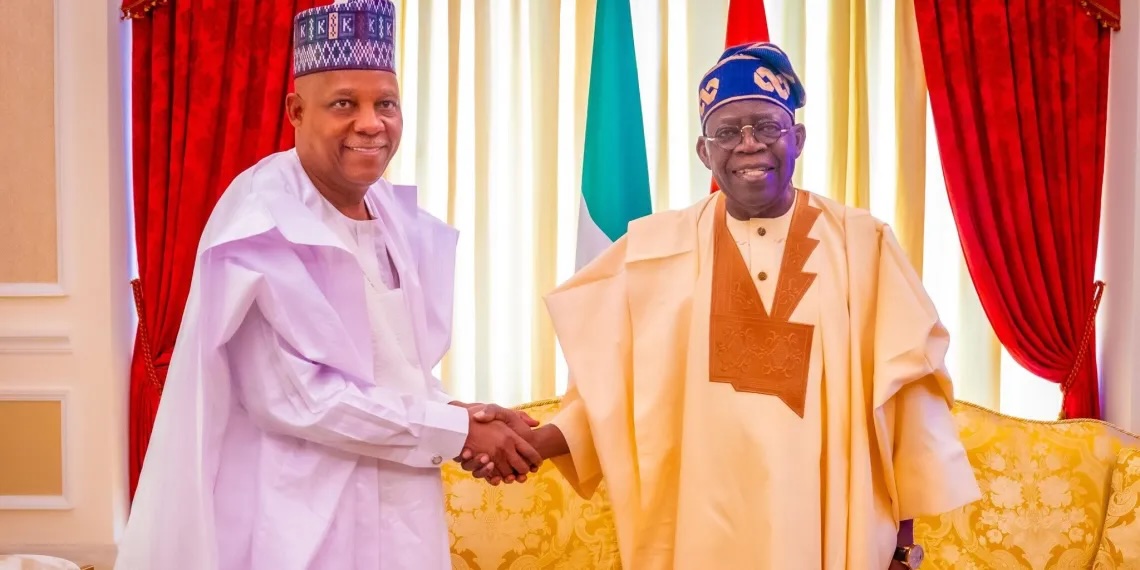
The off-season gubernatorial election in Bayelsa State in early November has produced another example of that state’s characteristically controversial and much-discussed electoral results.
Although the former governor and immediate past Minister of State for Petroleum Chief Timipre Sylva representing the All Progressives Congress (APC), managed to put up a good showing in parts of the Eastern Senatorial District, his home base, the voters in other parts of the state delivered a resounding victory to the incumbent Peoples Democratic Party (PDP) Governor, Senator Douye Diri.
However, while scrutiny of Bayelsa State’s electoral trajectory since 1999 is replete with rivalries and controversies one remarkable factor that most analysts have noted is that the major political figures in the state were collaborators and allies at one time or another in the history of the state’s growth.
For example, Sylva served his governorship tenure on the ticket of the PDP and Senator Heineken Lokpobiri who has succeeded him as Minister of State for Petroleum had once been the Speaker of the State’s House of Assembly on that party’s ticket. In fact, before the Supreme Court overturned INEC’s controversial award of victory in the 2019 polls to a political neophyte, the businessman David Lyon, informed observers of the political affairs of Bayelsa State took it for granted that the issues that generated political discord in the state were mainly based on competition for personal advantage.
This unfortunate perception has persisted in spite of the fact that the rivalries have taken on partisan ideological bias in recent times. As a consequence, if the fall-out from the latest political tournament in which the loser is heading to court to seek reversal was to gain traction it might be regarded as a strategic setback for the objective for which the state was originally founded.
In creating Bayelsa State in 1996, the Federal Government, then headed by Lt. General Sani Abacha, was responding to widespread disenchantment expressed by leaders of the oil-bearing Niger Delta communities over lack of economic autonomy and infrastructural development for their territories. In spite of the reputation for unaccountable and authoritarian governance that sticks to general perceptions of the Abacha regime the establishment of Bayelsa State is a symbol of morality and corrective compassion on the part of the authorities.
When the state was created, Fred Agbedi who now represents Sagbama/Ekeremor Federal Constituency, which is in the Western Senatorial District, in the House of Representatives had served his initial term as the representative from the territory that was then in the old Rivers State.
A study of his trajectory of political service since the state was founded illustrates the fundamental characteristics that signify the true nature of successful political leadership in Bayelsa State. Although he has remained a dedicated PDP loyalist Agbedi has effectively weathered the storms of communal and partisan rivalry that have battered the state and worked hard to sustain the viability of the original dream.
According to him the motivation for the creation of Bayelsa State was to confer appropriate recognition of the importance of the state’s majority ethnic group the Ijaws and foster unity among the people. With this as the underpinning of the state’s foundation Agbedi defines the genuine purpose of the leadership in the state as to find ways to cooperate in maintaining its viability and developing the territory beyond the selfish interests and personal aggrandisement of individuals.
As a consequence, the off-season election was pitched as a contest between Sylva’s record in office and his hair-raising political style and the clear example of Diri’s compassionate style of governance. It appears that in this case, humility and service carried the day.
In order to produce an accurate post mortem report on the outcome of the contest in Bayelsa State, as Agbedi did on national television recently, it is important that objective analysts should consider events surrounding the campaign and the conduct of the polls as they have been depicted by informed observers.
Knowledgeable participants in the exercise have accused the Sylva team of introducing the divisive element of rhetorical abuse rather than claims of comparative achievement into the campaign. When the APC’s Deputy gubernatorial candidate publicly advocated violence this presumption grew wings and caused even some supporters of the APC to reconsider their stand. Diri’s pledge to collaborate with anyone who is prepared to undertake development and support infrastructural expansion in the remote communities has caught the imagination of the public and increased the credibility of the so-called “prosperity” government in spite of the unconventional mode of its establishment.
The overwhelming objective of the electoral exercise of choosing administrative leadership in a state like Bayelsa is the preservation of security and the provision of satisfactory services. The average citizen of Bayelsa State has inherited the desire for renewal that inspired the state’s foundation just over two decades ago and the hope of which continues to render the existence of the state relevant.
With this foundation of hope, Bayelsan voters cast their ballots believing that the eventual outcome will provide them with leadership that is devoted to cooperative development rather than to partisan hostility.






